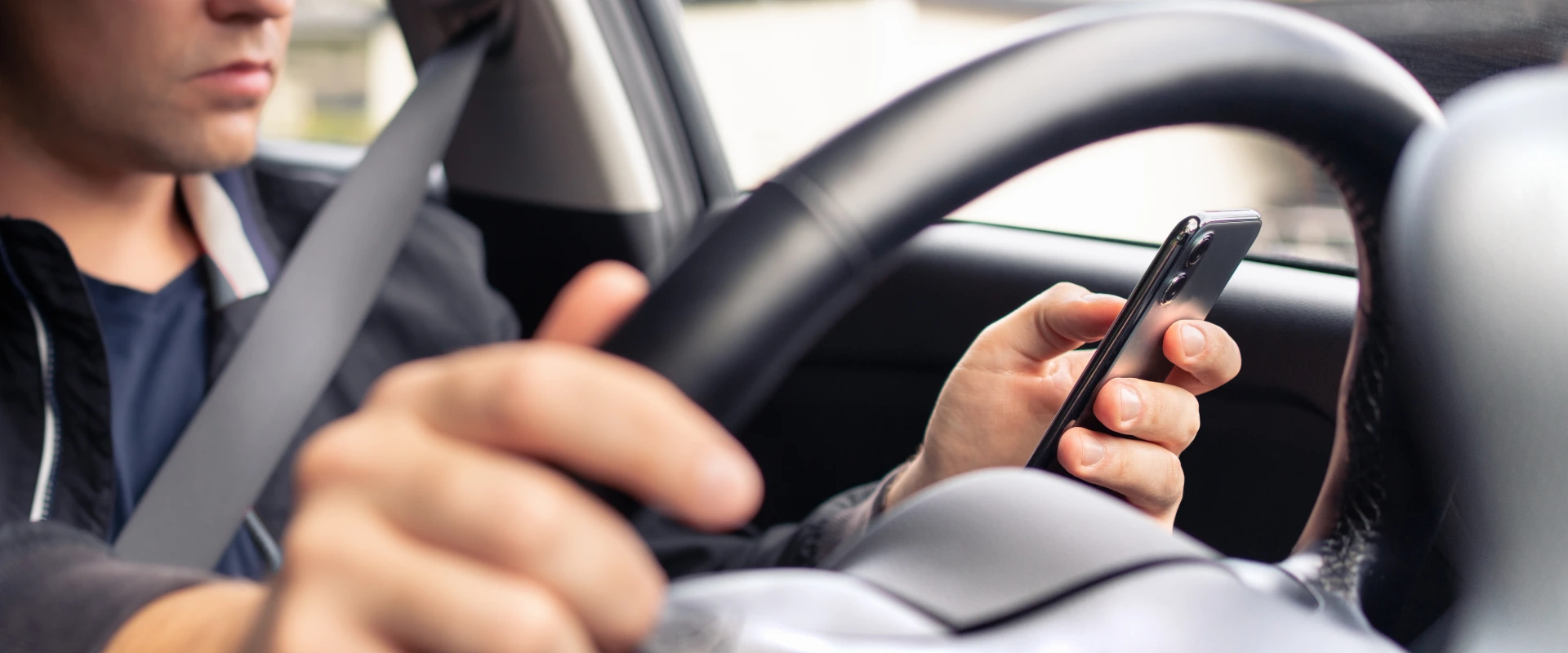Lawyers For Ridesharing Accidents
Uber, Lyft, Sidecar, and other ridesharing services are all the rage in Los Angeles. But the more people take advantage of these services, the more issues become apparent, particularly liability issues that arise when ridesharing accidents occur. Rideshare accidents have more than tripled in number across the country in recent years, and with their increased presence comes confusion about who is held accountable for damages and what passengers, drivers, and others on the road should expect if they are involved in such accidents. A Los Angeles ridesharing accident attorney can help you navigate the complex claims process if you are harmed after an accident in or with a ridesharing vehicle.
Who Pays What
Even though ridesharing has been around in its current form for around a decade, there are still a lot of gray areas regarding ridesharing accidents and who pays what in the aftermath. Insurance companies have their rules, and the ridesharing companies have theirs—and the two often clash, mainly when serious accidents occur, and neither wants to be left holding the bag.
Drivers for ridesharing companies must have their auto insurance as a condition of becoming an independent contractor with their particular company. Each company spells out to drivers how much insurance they must carry, and they can’t accept riders until they show that this coverage is in force. Part of the trouble in this lies in that personal insurance policies are not commercial insurance policies, and many insurance companies will not pay claims for drivers involved in commercial activities during an accident.
However, the larger ridesharing companies carry blanket coverage that protects drivers, passengers, and others on the road, with two levels of coverage based on the driver’s availability status on their drivers’ apps. Lyft and Uber, for example, offer a $50,000 per person/$100,000 per incident policy that inflates to $1 million in liability coverage when their drivers accept passengers. Once the passenger exits the vehicle, the lower liability limits are in force if the driver is logged into the app; when the driver leaves the app, Lyft’s coverage stops.
Sound complicated? It is. There are scenarios where Lyft or Uber drivers pick up passengers without arranging the ride on the app, leading to even more complications when accidents occur. If a non-ridesharing vehicle causes the accident, things can get even more confusing regarding who pays what.
For the reasons outlined above, you must contact a Los Angeles ridesharing accident attorney as soon as possible after your ridesharing crash. An aggressive attorney can identify all possible litigants in your claim so that you can recoup the maximum damages based on your injuries and other factors.
Contact JML Law now to discuss your situation with our Los Angeles ridesharing accident attorney. We offer a free, no-obligation consultation to review your case’s facts and determine the best course of action for you moving forward with your claim.
Get your questions answered.
Contact Our Lawyers.
Every case is unique and needs to be evaluated by our experienced lawyers. If you've been injured in an accident involving ridesharing in Los Angeles,
